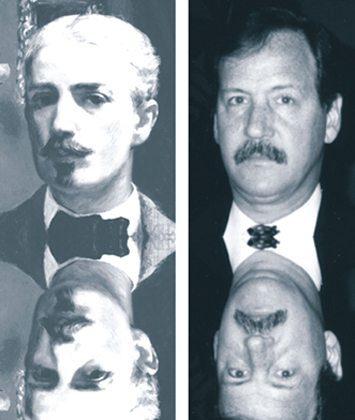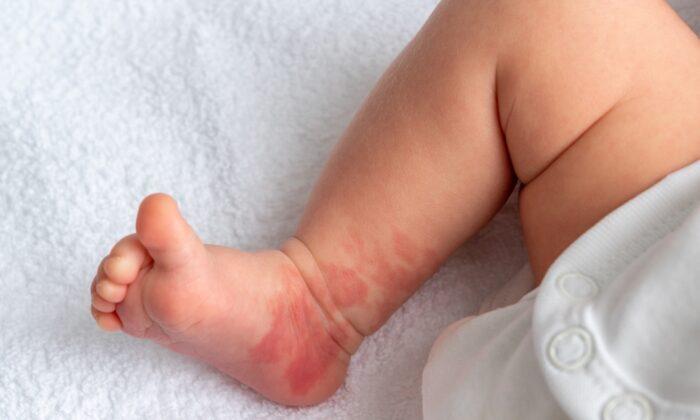Simple acts—like baking cookies for our colleagues to playing board games with family members—regardless of the size of the gesture, and when done for the sole benefit of others, can benefit adults suffering from anxiety and depression.
“Doing nice things for people and focusing on the needs of others may actually help people with depression and anxiety feel better about themselves,” says lead researcher David Cregg.
Planning Social Activities
Research shows that one of the characteristics of a healthy and flourishing individual is having a strong social connection and one way of achieving that is through planning and being part of social gatherings.Cognitive Behavioral Therapy
Because our thoughts, emotions, and behaviors are interconnected, how we interpret a situation affects how we feel and behave. One of the methods that come under CBT is cognitive reappraisal. Therefore, it follows that good thoughts foster positive behavior and dysfunctional thoughts create a harmful effect on our mood and behavior. Cognitive reappraisal involves journal writing which helps us keep a clear record of our thoughts. This group was asked to maintain a record of their thoughts and feelings for at least two days of each of the five weeks.Performing Acts of Kindness
Research indicates that one of the characteristics of flourishing individuals is an inclination toward serving others (Inagaki & Orehek, 2017). In our day-to-day lives, when we perform kind acts for another person, without expecting any reward, it can create long-term beneficial changes to our overall health and well-being. These acts of kindness can be big or small as long as they serve others and come at a cost in terms of either time or resources.The third group in the study was accordingly asked to perform three acts of kindness a day for two days of each of the five weeks. Some of the acts involved volunteering for a nonprofit or a faith-based organization, participating in charity events, writing a letter of affirmation to someone, leaving motivational notes for a roommate, etc.
Participants were evaluated after five weeks of following the instructions. The recorded findings revealed that participants from all three groups experienced improvement with reduced rates of stress, anxiety, and depression. “These results are encouraging because they suggest that all three study interventions are effective at reducing distress and improving satisfaction,” said Mr. Cregg.
“But acts of kindness still showed an advantage over both social activities and cognitive reappraisal by making people feel more connected to other people, which is an important part of well-being,” he added.
Upon comparing the degree of changes observed among the three groups, the one that performed kind acts showed the highest improvement. According to co-author Jennifer Cheavens, participating in social activities did not really enhance the participants’ feeling of connection with their environment.
“There’s something specific about performing acts of kindness that makes people feel connected to others. It’s not enough to just be around other people, participating in social activities,” she said.
Ms. Cheavens also added that “we often think that people with depression have enough to deal with, so we don’t want to burden them by asking them to help others. But these results run counter to that.”
With regard to the CBT techniques applied in the study, findings show that one needn’t go through the entire series to gain benefits—although completion of the full treatment might show better results. The study concluded that beyond conventional techniques, acts of kindness can help in creating social connections.
According to Mr. Cregg, “Something as simple as helping other people can go above and beyond other treatments in helping heal people with depression and anxiety.”







